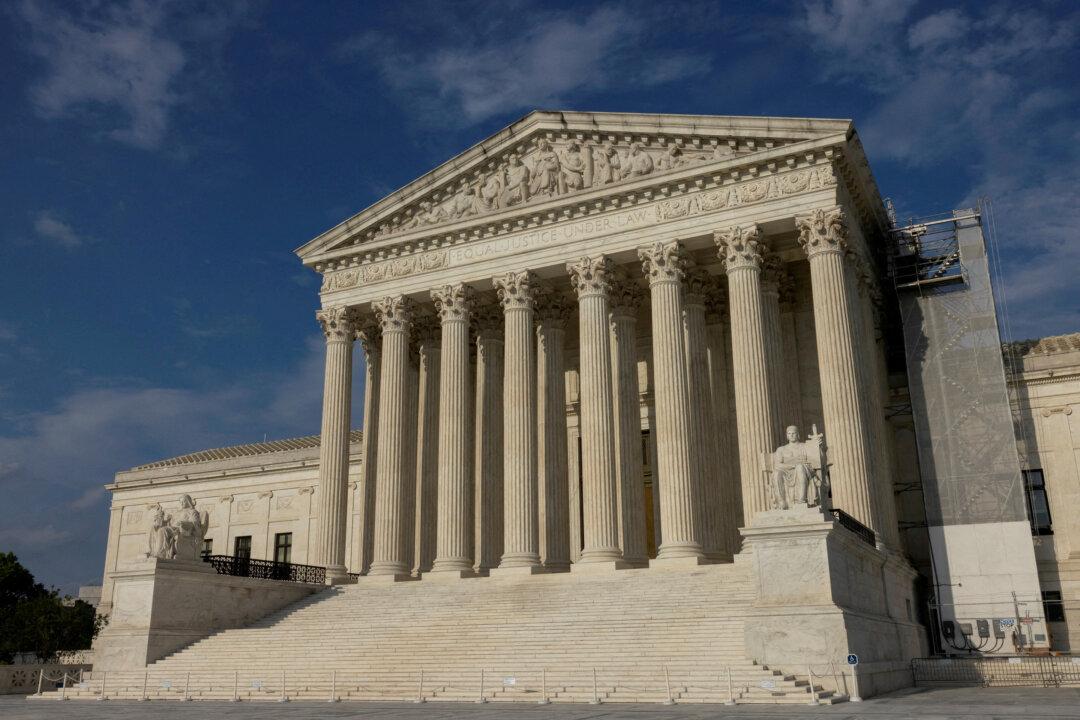The Trump administration on March 28 asked the U.S. Supreme Court to intervene in a case involving President Donald Trump’s declaration of an invasion by a terrorist gang.
Administration lawyers asked justices to stay lower court orders, which would enable officials to resume deportations of illegal immigrants under a law called the Alien Enemies Act.





